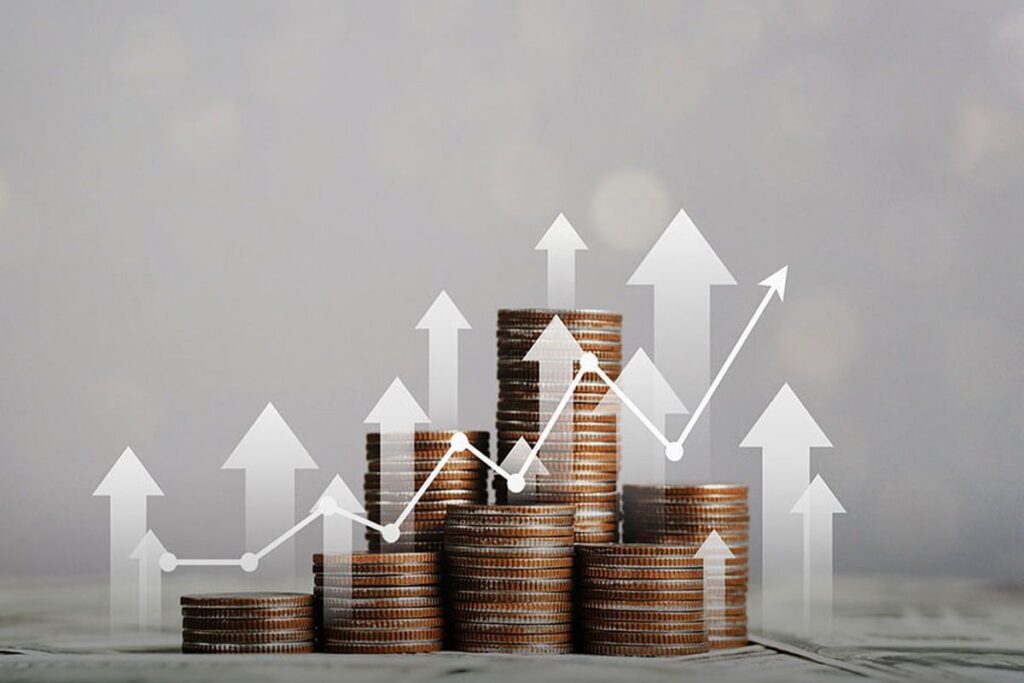The Importance of Liquidity and Market Depth in Forex Trading
The forex market, known as the largest financial market globally, with a daily trading volume of around $6.6 trillion, has gained significant popularity due to its unique features such as high liquidity and 24-hour accessibility. However, for traders to succeed in this market and achieve consistent profits, understanding concepts like liquidity and market depth is essential. These concepts not only aid in trading efficiency but also play a critical role in risk management and shaping trading strategies.
In this article from Toofan Trade Academy, we delve into the concepts of liquidity and market depth, exploring their importance in forex trading. We will analyze how these factors affect trade execution and profitability.
Liquidity in the Forex Market
Liquidity refers to the ability of a market or asset to be quickly bought or sold at a reasonable price without significant changes in the price. In forex, liquidity means the ease of buying and selling various currencies without drastically affecting the market price.
High Liquidity in Forex
The forex market is known for its high liquidity. This means that in most currency pairs, especially major pairs like EUR/USD, USD/JPY, and GBP/USD, there is a huge volume of trades. This high liquidity ensures that traders can execute trades quickly with minimal price slippage and with tight spreads (the difference between the bid and ask price).
Low Liquidity and Its Challenges
Not all currency pairs have the same level of liquidity. Some minor or exotic currency pairs, such as USD/ZAR or USD/TRY, have lower liquidity due to fewer trades. Low liquidity can lead to wider spreads and higher risk in trading these pairs. Lower liquidity may also result in increased volatility and slippage during trade execution.
Market Depth in Forex
Market depth refers to the market’s ability to absorb large orders without causing significant price fluctuations. In a deep market, many buyers and sellers exist at different price levels, allowing large trades to be executed without drastically affecting the price.
Read more: Impact of interest rates on major currency pairs in Forex
The Importance of Market Depth
Market depth is measured by the number of orders available at different price levels. The greater the market depth, the better the market can handle large trades, reducing unwanted volatility. In markets with shallow depth, even moderate-sized trades can cause sharp price movements, which is challenging for both short-term and long-term traders.
Market Depth and Spread
Market depth is also closely related to the spread between bid and ask prices. In currency pairs with greater market depth, the spread is usually tighter. This results in lower trading costs and allows traders to execute trades more confidently. For example, major currency pairs with higher market depth typically have tighter spreads.
The Role of Liquidity and Market Depth in Trading Strategies
Both liquidity and market depth have a direct impact on how traders choose their strategies. Traders must carefully consider these factors before entering the market and implementing their strategies.

1. Choosing the Right Currency Pair
Liquidity and market depth often determine which currency pair a trader chooses. For short-term traders seeking small price fluctuations, pairs with high liquidity and tight spreads, like EUR/USD or USD/JPY, are preferable. These pairs, due to their high trading volume and deep markets, offer more opportunities for profitable trades.
On the other hand, traders seeking larger opportunities and more significant gains might look to minor or exotic pairs with lower liquidity. However, they must be aware of the risks associated with low liquidity and wider spreads.
2. Impact on Trade Timing
Timing is another aspect influenced by liquidity and market depth. During the hours when major markets like London and New York are open, liquidity and market depth are greater, leading to tighter spreads and faster trade execution. Conversely, during market closures, liquidity tends to drop, and volatility and spreads may increase.
3. Risk Management
Managing risk is crucial in forex trading, and both liquidity and market depth play a significant role in this. In markets with high liquidity and depth, the chances of slippage and sudden price changes are reduced, allowing traders to enter and exit positions with more confidence.
In contrast, in markets with low liquidity and depth, the likelihood of slippage and higher volatility increases. To manage risk effectively in such markets, traders may need to use wider stop-loss orders or reduce their position sizes.
Read more: The importance of time frames in Forex technical analysis
Economic and Political Influences on Liquidity and Market Depth
Economic and political factors can have a direct impact on both liquidity and market depth. For instance, events such as central bank policy announcements, elections, or economic crises can significantly affect liquidity and depth.
Economic Events
Announcements about interest rates, economic reports like unemployment rates or inflation, and central bank decisions are important economic factors that can lead to changes in market liquidity. During such events, liquidity may drop, and volatility can rise sharply.
Political Developments
Political events such as elections, sanctions, or wars can also have a significant impact on liquidity and market depth. When political uncertainty increases, traders often withdraw from the market, leading to reduced liquidity and increased volatility.
Conclusion
Liquidity and market depth are critical factors that forex traders must consider. These two elements not only affect trading costs and timing but also play a crucial role in shaping trading strategies and managing risk. Traders who gain a deep understanding of these concepts can navigate the forex market with more confidence and take advantage of trading opportunities.
Ultimately, understanding and leveraging liquidity and market depth helps traders execute their trades with precision and better strategy while avoiding unwanted market volatility.
